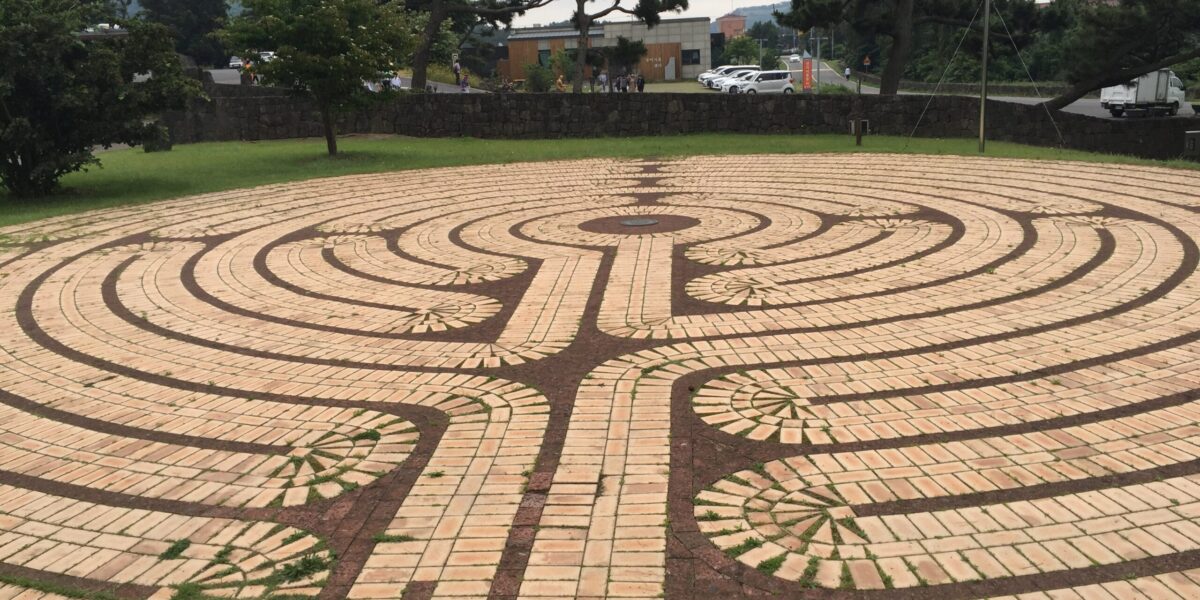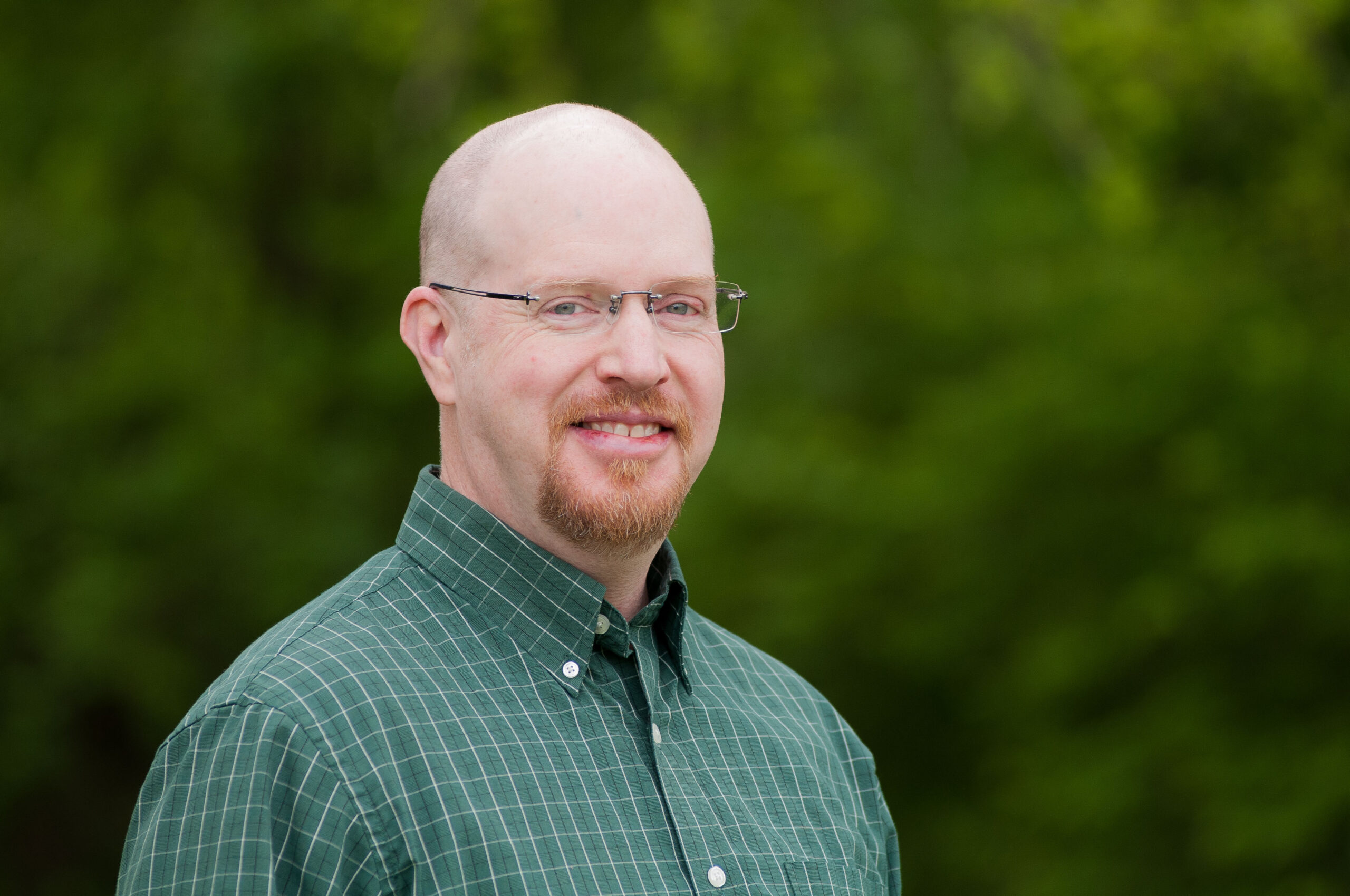JEJU, South Korea (Mennonite Mission Network) – About 80 miles off the southern tip of the Korean peninsula lies the beautiful island of Jeju. Jeju Island is well-known for breathtaking coastlines, the highest point in South Korea (Mt. Halla at 6,400 feet), and some of world’s largest lava tubes. Now a popular holiday destination, Jeju holds a painful history of suffering and struggle that has ignited a passionate pursuit of peace and reconciliation.
That passion made the island a perfect host for the sixth annual Christian Forum for Reconciliation in Northeast Asia, May 27-June 1, 2019. The forum is a joint initiative of Duke Divinity School’s Center for Reconciliation and Mennonite Central Committee. Nearly 100 participants gathered together at Saint Isadore Retreat Center for a weeklong journey that featured worship sessions, lectures, reflections, and a pilgrimage of lament across the island, concluding at the Jeju 4.3 Peace Park.
The numbers 4.3 designate the date April 3, 1948, when an armed civilian uprising stormed several police stations on Jeju in response to police brutality. The island had long held a strong belief of social cohesion, rejecting the idea of a divided Korea. Therefore, when it was announced that the election designed by the United Nations only applied to Korea south of the 38th parallel of latitude, large groups of people on Jeju boycotted it. Tragically, their resistance was miscast as sympathetic to the communists and ultimately Jeju was labeled by the media as a "Red Island." This led to oppression of dissenters and the killing of anyone under suspicion. Between 1947 and 1954, about 30,000 island residents were killed by South Korean troops, police, and volunteer anticommunist groups under the auspices of the occupying military government.
In 2000, the government of Korea launched an investigation into this period and published the first report of its findings in 2003. This was followed by an official apology by President Roh Moo-hyun for human rights abuses perpetrated by the state. In 2018, President Moon Jae-in offered a second apology promising to continue the quest for truth and healing. These apologies, along with tangible actions, including compensation to bereaved families and peace education for the public, were essential steps in the struggle to recover from deep generational pain. In order to truly break free of the captivity to anger and grief, the Jeju village of Hagwi took the additional step of forgiving the perpetrators of the violence.
The people of Hagwi embarked on a journey of forgiveness by first embracing their pain as a village rather than as separate families or individuals. They also re-framed their pain within the broader historical context of human suffering, helping them to see both victims and perpetrators as victims of systemic violence and unjust powers. Gradually, the village embraced a new identity: no longer a powerless victim, but an empowered herald of reconciliation. Through celebrating stories like this, the Christian Forum for Reconciliation continues to engage the call to strengthen the ministry of reconciliation in northeast Asia.








